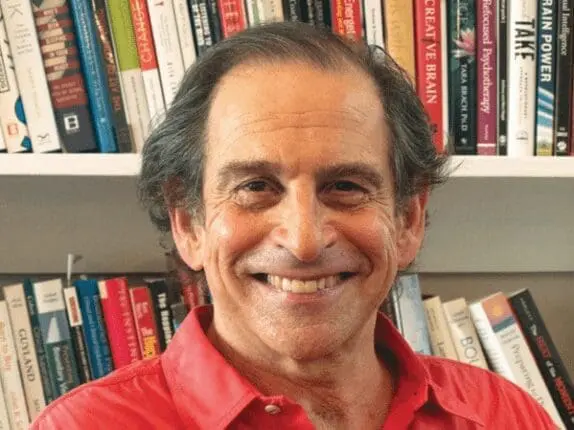Enjoy the audio preview version of this article—perfect for listening on the go.
In the realm of social justice, our field seems to be on a perpetual learning curve. Just when we think we understand the issues facing an oppressed and marginalized group, we discover that we’ve been missing something crucial, something that’s been going on all along but hasn’t been examined and acknowledged fully by everyone. At this particular juncture, that “thing” is racism. Not as a concept, but an everyday reality.
In this issue of the magazine, we confront the internalized, often unconscious racism that rarely gets explored in daily life, even among those of us who consider ourselves allies. We consider how we can productively address this unnerving reality, and what it means for the therapy field. Every clinician knows that self-knowledge is a precondition for authentic connection and, ultimately, for healing. So how can therapists of all races and ethnicities support their clients of color in voicing their experiences of racial oppression and naming what they need to heal? And how can white therapists in particular use their skills and commitment to self-awareness to look more deeply at themselves and their privilege?
In the spirit of promoting understanding and connection, we’re framing this issue as a series of conversations—first and foremost among clinicians of different races and ethnicities, but also between the parts of ourselves that may not want to engage in these dialogues. Among other pieces, we present a panel discussion highlighting the views of six clinicians of color shortly after the murder of George Floyd, a white therapist’s continual work to uncover his own hidden racism, a look at the cultural and historical trauma that lingers for so many, and a candid conversation between a Black activist and a white therapist who are collaborating on a community project for the Black youth most in danger of being killed on our streets. Each piece explores a different facet of a central challenge: What does it mean to be truly antiracist, and how can a therapist begin to embody and encourage that in the consulting room?
Since the Networker was founded more than four decades ago, we’ve aimed to publish a magazine not just on the art and science of therapy, but also on its intersection with pressing social and political issues. When we got started, this meant moving beyond coverage of individual, psychodynamic approaches, and writing about the field’s then-pioneering work with families, including those beset by poverty, violence, inadequate healthcare, and other systemic ills. We’ve reported on evolving issues around feminism, LGBTQ+ rights, and transgender equality. Over the years, we’ve also trained our lens on the profound suffering caused by racism.
That suffering remains profound, and the current outpouring of anger and resistance has jolted many people into a deeper recognition of the realities of “living while Black” in this country. As the scrawled message on the magazine’s cover calls out, “Can You Hear Us Now?” As a field that’s been historically slow to diversify, we need to listen better. And to stay in those conversations.
This is hard work that triggers intense emotion, no question. But from where I sit, it’s as important as any issue we’ve ever faced.
Rich Simon
Editor
Rich Simon
Richard Simon, PhD, founded Psychotherapy Networker and served as the editor for more than 40 years. He received every major magazine industry honor, including the National Magazine Award. Rich passed away November 2020, and we honor his memory and contributions to the field every day.











